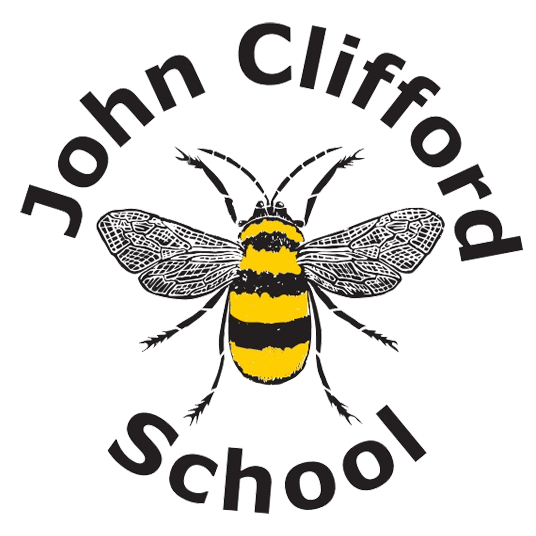Why do we teach Geography?
At John Clifford, we intend to provide children with the knowledge and skills to understand the world around them and their responsibility in their community and globally.
We believe that a high quality Geography education provides and inspires children to be curious and fascinated about the world around them. We see Geography as an investigative subject in which children can create answers and questions about the natural and human aspects of the world.
Our Geography curriculum is underpinned by knowledge teaching children about various locations, people, resources and Earth's key physical and human processes.
How do we teach Geography at John Clifford School?
Geography is taught through a cross-curricular approach, teachers often use locations or physical features as their focus topic for the half term, therefore encouraging depth and multiple opportunity for children to respond to their learning in different ways. The curriculum is also underpinned by key concepts which allow children to make links in their learning, children learn high-yield and broad vocabulary which is continuously revisited throughout their learning of key landmarks and locations. Teachers have identified the key knowledge and skills of each topic and consideration has been given to ensure progression across topics throughout each year group across the school. The knowledge that the children gain has been carefully mapped by the curriculum lead to ensure accountability and to allow for horizontal, vertical and diagonal links across topics and year groups. This enables the children to continuously build on prior knowledge.
By the time children leave John Clifford School, children will have knowledge about diverse places, people, climate and environmental issues. Additionally, Children will have developed key geographical skills such as map reading, collecting data and fieldwork, with extensive opportunities for learning outside the classroom embedded in practice.
Planning is informed by and aligned with the national curriculum. Consideration is given to how greater depth will be taught, learnt and demonstrated within each lesson, as well as how learners will be supported in line with the school’s commitment to inclusion. Outcomes of work are regularly monitored to ensure that they reflect a sound understanding of the key identified knowledge. Within our knowledge-rich approach, there is a strong emphasis on people and the community of our local area.
Teachers utilise the following strategies in order to strengthen their pedagogy:
- A knowledge organiser which outlines knowledge (including key concepts) all children must master;
- A cycle of lessons for each subject, which carefully plans for progression and depth;
- Low stakes quizzes which are used regularly to support learners’ ability to block learning and increase space in the working memory;
- Challenge questions for pupils to apply their learning.
- Use of topic title page assessments after each unit where children will be able to track their own progress through a unit.
- Trips and visiting experts who will enhance the learning experience;
In the Early Years Foundation Stage, the concepts of Geography are taught in line with the EYFS Statutory Framework (2021) through the specific area of ‘Understanding the World’. The children will develop an understanding of the past and present, people and their communities and the natural world.
Through topics such as ‘All about Me’, ‘Celebrations’ and ‘Growth and Change’, ‘Up, Up and away: Travel and Journeys’ and ‘Heroes and Celebrations’ the children will develop an understanding of their immediate environment and explore the natural world around them. Also, they find similarities and differences between life in different countries and know similarities and differences between the natural world and contrasting environments.
Children will also have the opportunity to increase their knowledge through rich vocabulary, experiences, discussion, meeting significant people, exploring different locations and listening to quality texts. Topics planned are carefully aligned with their developmental stage and need, with the Early Learning Goals as their target.
What are the outcomes for our children?
Our Geography curriculum is high quality, well thought out and is planned to demonstrate progression. If children are keeping up with the curriculum, they are deemed to be making good or better progress. In addition, we measure the impact of our curriculum through the following methods:
- A reflection on standards achieved against the planned outcomes;
- A celebration of learning for each term which demonstrates progression across the school;
- Pupil discussions about their learning and understanding of key concepts.
- Pupil demonstration of deep understanding through the work they have completed.
![]() The National Curriculum for Geography
The National Curriculum for Geography


